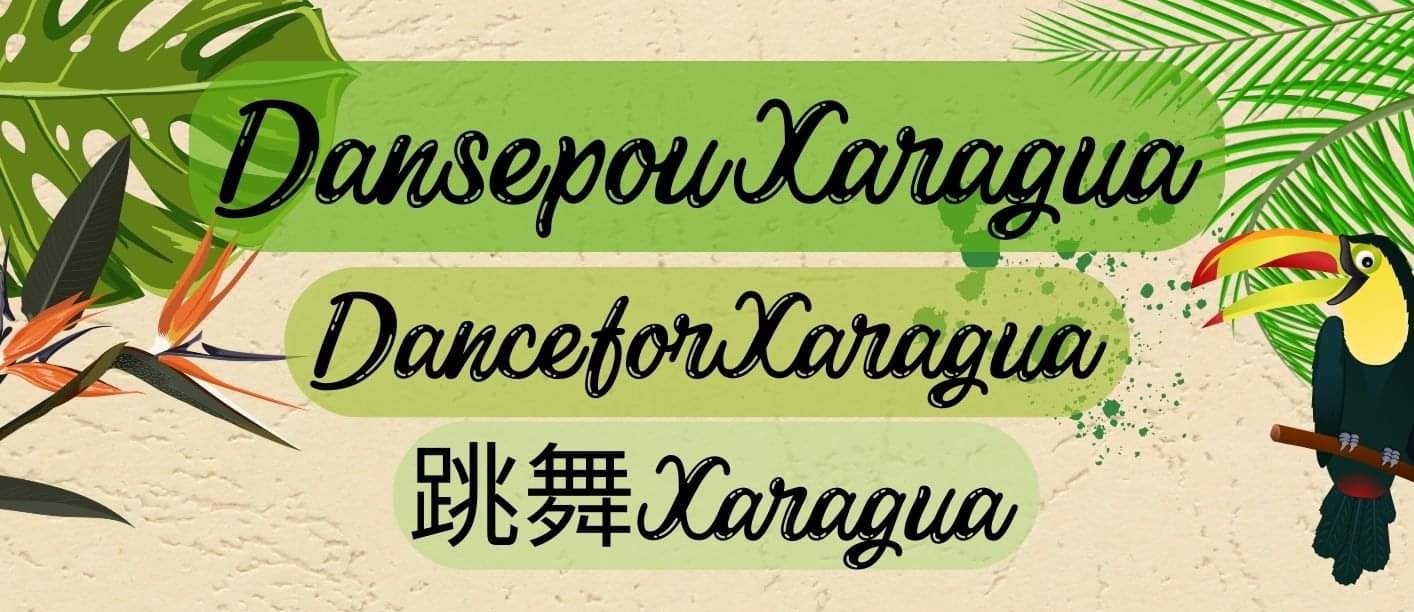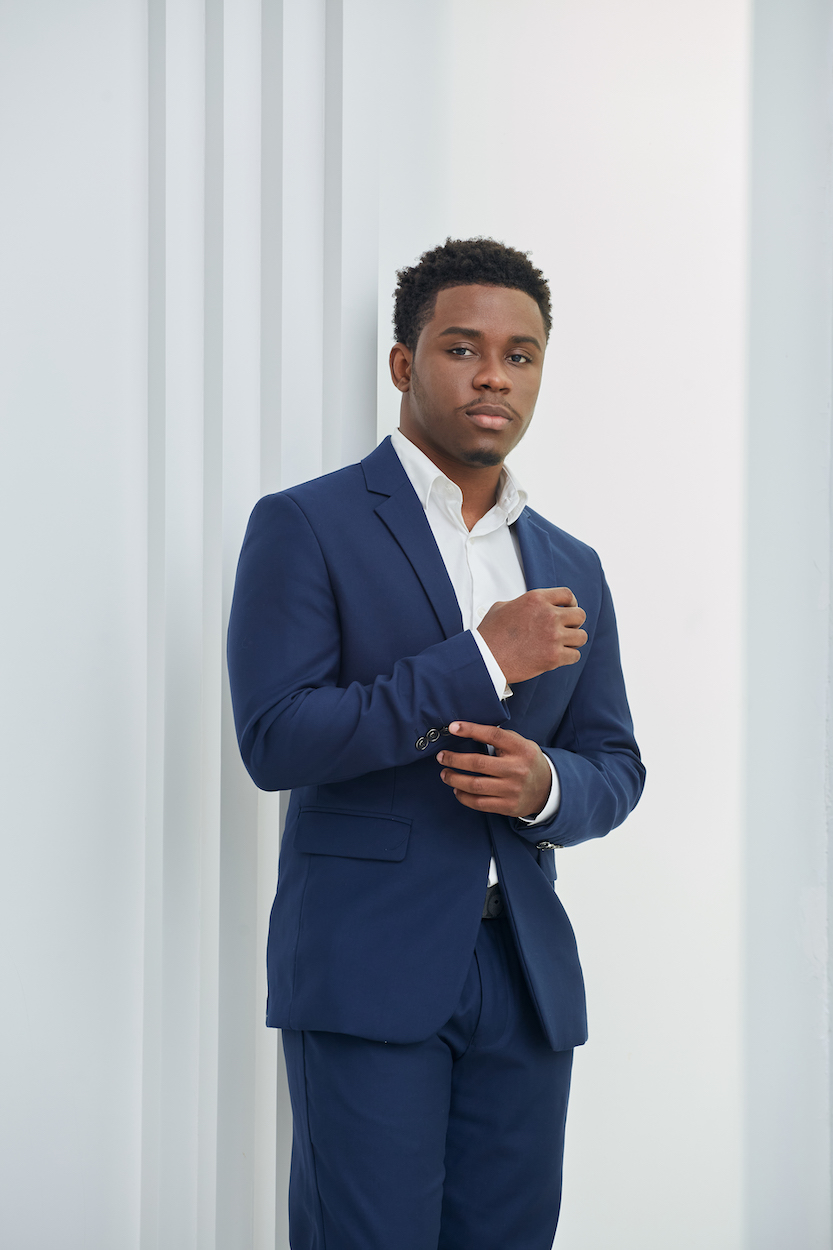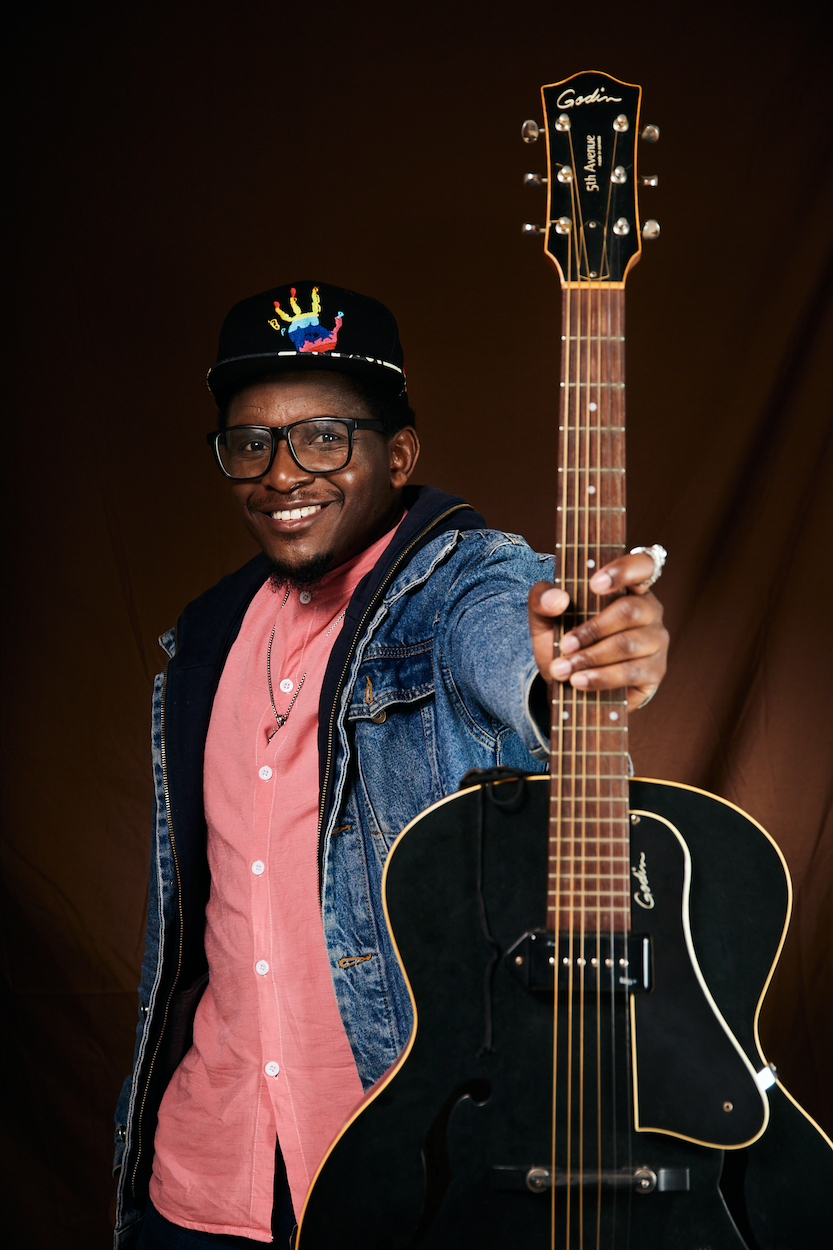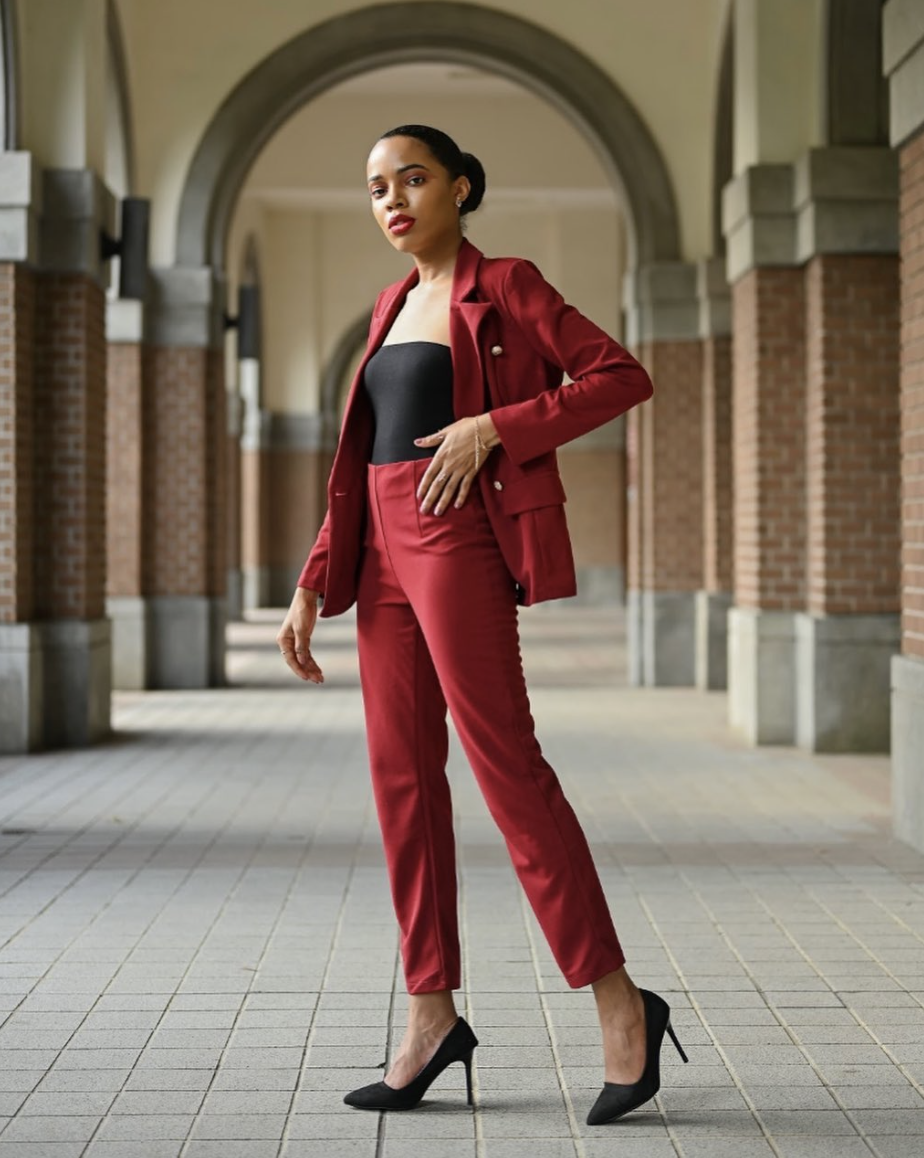by Brian Hioe
語言:
English
Photo courtesy of Xaragua Arts Center
New Bloom’s Brian Hioe spoke to Jean-Aurel Maurice, the founder of the Xaragua Arts Center in Haiti, and Jean-Paul Weaver, Administrative Director and organizer of the fundraiser for the Xaragua Arts Center in Taipei next month, Danse Pou Xaragua. The fundraiser will include authentic Haitian food, live performances, and a Konpa dance workshop, taking place at the Exotica Bar and Grill in Tianmu on June 3rd from 6 PM to 10 PM. Tickets will cost 1,500 NT. All proceeds go towards supporting their Dance Passport program.
Brian Hioe: First, could you introduce yourself in your own words?
Jean-Aurel Maurice: My name is Jean-Aurel Maurice, but I go by Aurel. Everyone calls me Aurel. I was born in St. Martin–the island, French St. Martin. Both of my parents are Haitian. We moved to Haiti when I was about four years old.
My mother was a Vodou priestess, we had a Vodou temple. So I had the opportunity to grow up in that temple. With all the Haitian drumming, singing, dancing, and prayers–the Vodou religion–I was fortunate to grow up in that environment.
Later on, I decided to take dance classes at the dance schools. So I attended ballet, jazz, and contemporary classes.
When I was around 14, my dance teachers realized I could do more than just dance for recreational purposes. So I flew to Paris to study dance. After about four years in Paris, I won a scholarship from the French government. I went to study dance in New York at the Dance Theater of Harlem. I also performed with them for a couple of years.
After that, I freelanced and I traveled around the world performing in gigs. I taught dance classes and I became a certified dance teacher in France. I taught around the world. That included two years teaching dance in Vietnam, which was a great opportunity to discover Asia.
In 2004, I went back to Haiti and built the dance studio. In the beginning, I didn’t know where I was going with the project, but I knew I wanted to be there in Haiti to do something in dance. We’ve been established for more than fifteen years now. We conduct dance classes for the community. Underprivileged children can come dance.
Dance is a luxurious art form. Myself, I came from a poor family, but because I really wanted to dance, I ended up becoming a professional dancer. I ended up participating in the most prestigious stages in the world. But I always looked at where I came from, so I went back to Haiti to build that dance studio to teach dance to children in the community, most of whom did not have money to pay for dance classes–without knowing how to sustain myself.
I did a couple tours throughout Haiti with some youngsters, but after fifteen years, I decided to give a broader perspective to the project. In the past, we used to host international artists visiting Jacmel for vacation. I always invite artists to feel free to come and stop by at the dance studio and share their art with kids in the community, to volunteer. I used to host a lot of artists through the years.
As we are moving to a new building, we hope to host international artists in residence for several months at a time in the future. When the artists come in residence, they can have a bedroom, shower, and a space to serve at a studio for artists to create a work in residence. While at the same time the artists can showcase their work during or after their stay in the space.
We hope for Taiwanese artists to come here, as well, I’m very interested in our shared political issues. For me, it’s important to host Taiwanese artists in the community so they can give us a much better understanding of what is going on in their community as well.
We provide dance classes to children who cannot pay, as well as those that can. Adults, as well. Artists can teach classes while in residence, too.
BH: Could you talk a bit about the vision you had of giving back to the community?
JAM: Giving back to the community was, for me, always a priority. In a sense that when I look back at myself, knowing that I came from that poor community but ended up being a soloist at the Berlin Opera Ballet or dancing at the Paris Opera, while performing at those spaces, I was reminiscing about my past. Haitians today often live without hope of getting anywhere, since it’s hard for them to get out of the country, they live day by day.
If I had the chance to become someone–a professional dancer, to travel the world–it was because of dance. I got out of poverty because of dance, but I had to take dance very seriously. It was very hard. When I decided to become a professional, all the fun I was having as a child or teenager, was not the same anymore.
I had to deal with injuries, with racism as a black ballet dancer, and it was very hard. I made it, so I hope to teach children we can become something. Poverty is not our limit, if we believe in something.
The project is to host international artists and send Haitian artists elsewhere–today, I see the world globally. Many questions we have in this world today, we cannot look for the answers only just in our country.
If we think globally, we can find much better answers. Artists are the great vessels to share opinions and points of views. To have artists sharing with each other, including their stories, can help us understand each other better in this world.
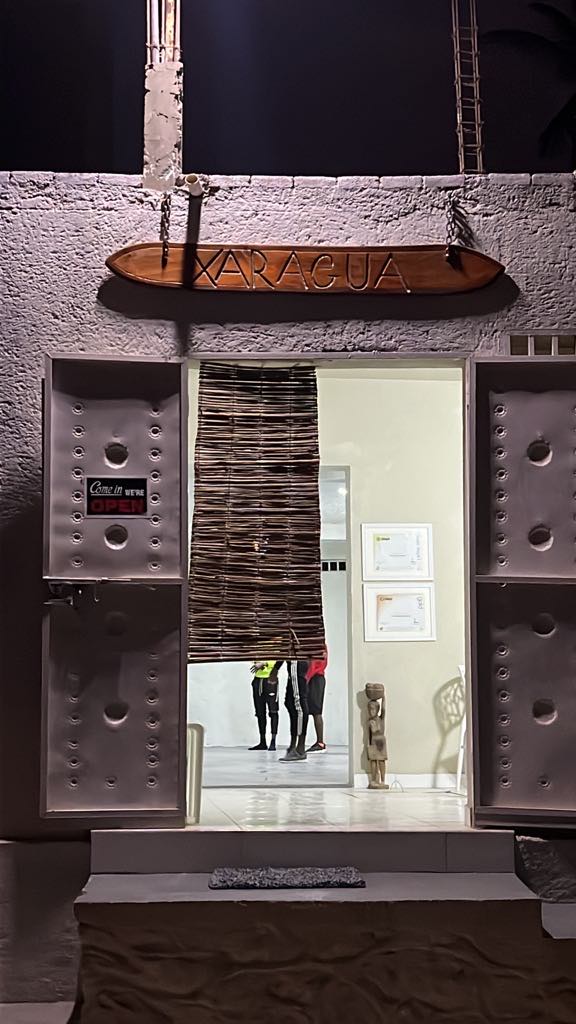
BH: How do you hope to have this be a process of learning on both sides?
JAM: With international artists in Haiti, it’s not just drinking and working on one’s art, but as director of the space, I will make sure that artists connect with the right people to understand the history of the country, the political situation, and the story of the arts in Haiti. To put them in contact with other Haitian artists locally.
For me, I’ve been in residence in Paris. There’s a center that has around a hundred apartments. They have spaces for artists to create their work, dance studios, and each studio apartment is owned by the government of a different country. Every year, each country sends their artists to residence there.
Once you get there, you get to meet many different artists from many parts of the world. That was one of the richest residences I ever did.
One night, we had a get-together at my studio. We invited an artist from Israel and an artist from Palestine. They come from countries at war and they had two different political points of views about their countries. But it was nice having them over at my apartment with other artists–I did not think they would get along, but they did. One of them was playing the guitar and singing, with the other artist. Artists can be the bridge for some many things–that was what I learned.
This is also what I want to do with creating this space.
BH: Could you talk a bit about your students? How do you come to know about the center?
JAM: We’ve been around for fifteen years now. The people in town know us because we’re the only dance school in town. People come in and out on a daily basis. Some take fitness classes, which are paid, while other people come because they have children that want to dance but can’t pay. People come in and out with different requests.
I try to accommodate everyone. Everyone has a space for themselves in the studio–whether you can afford expensive dance or fitness classes or not, you have a class.
Right now, I work by myself. There are many different projects I’d like to develop in the space, but right now, when you are by yourself, you can’t do everything.
Local artists in Jacmel are interested in doing residencies now. We have a program called Dance Passport, as well. It’s a program for children in the community that cannot afford dance classes–a passport we give you to dance.
They come every Saturday from 9 AM to 2 PM. They have dance classes, they have drum classes, and singing classes. They have a free lunch we give them as well, but I can tell you that most of the kids that come don’t have a meal at home either. So I made it mandatory when they came to give them a meal. Since then, if they come at that time, they have something to eat at noon.
Sometimes, if a drummer is in town, I have them come in to teach drumming to the class. They have to carry their drums over and I also give them a stipend for coming. I can sometimes invite a singer to provide singing lessons as well.
The kids are very versatile. They get to sing, to dance, and I also teach them dance history. I do everything with them. There’s a dance called a stick dance, where people dance with sticks in their hands in the carnival. I would find someone who knows how to dance this, give them a stipend, so they can learn this. We also have had martial arts workshops, we taught them judo and karate. One of the kids that stayed in the program for ten years is currently on a scholarship studying dance in the south of France.
The funds we hope to raise will be used to support those programs.
These kinds of programs are important, since we can give people access to things they can’t reach otherwise. If we’re fortunate enough to be able to make a change in someone else’s life far away from where we are, we can make a change in this world.
What makes a difference between a Taiwanese and a Haitian person? Or an American and a Haitian person? Or a French and Haitian person? The only thing is access. Access to water, to education, to electricity, to books, and infrastructure. That is the only difference.
Give people help and give people access to what they need–that’s why it’s so important to help out.
BH: Is there anything you’d like to say in closing to readers?
JAM: I am really grateful that we can communicate all the way from Haiti, to have people talking about the studio, and investing. It gives us hope and I am grateful for the hope that we can benefit from.
BH: Could you also introduce yourself in your own words?
Jean-Paul Weaver: My name is Jean-Paul Weaver. I’m Haitian-American. I’ve lived in Taiwan for three years. I originally moved here because in the US, I was a dancer for ten years. Near the end of my performance career, I started working with a non-profit. Later, I was funded as a cultural exchange liaison to go to Haiti, to work with artistic communities to bring artists to Pittsburgh as a way to invest in the local black community. To reaffirm identity through the arts and give the youth a sense of identity.
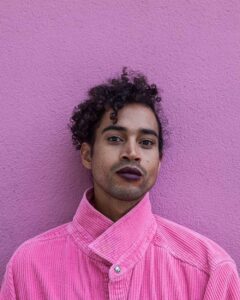
Headshot of Jean-Paul Weaver
They hoped to have Haitians come, because Haiti’s African heritage is unique. When I was going there, Hurricane Matthew happened–which was very intense–so I started doing a lot of fundraising. As an artist, I would put on artful events as fundraisers, that are more empowering–more of a jubilation of our culture and identity and taking pride, rather than “everyone is suffering and dying.” Most fundraisers for Haiti are not run by Haitians, but by foreigners.
We were working to get this company on tour in the US and we encountered a plethora of visa issues. When we finally did get them on tour, it cost about $7,000 USD in visa fees, which was a huge chunk of our budget, and not everyone was approved.
I researched visa-exempt travel for Haitians and Taiwan came up. I started planning to move to Taiwan with the view that if Taiwan respects Haiti, maybe I should try to go there and do cultural exchange opportunities.
BH: Could you talk a bit about the fundraiser? What is planned?
JPW: It’s really important to me that whenever I talk about Haiti, there is space for nuance in the conversation. For people to be given a chance to have deep reverence, respect, and pride, as I have for my culture, and to share that with people.
A lot of times, countries such as Haiti are seen as nothing valuable, due to not having as much monetary wealth. But Haiti’s monetary currency is not recognized internationally, so many Haitians are locked into the local economy, and unable to participate in international exchanges. That really limits Haitian’s access and options. For me, as someone who has the values of decolonization, a fundraiser is an opportunity to understand our culture as valuable and a currency that we can invest in our communities. Our histories and our stories are more valuable than any of the monetary currencies that exist–its value never diminishes, unlike paper and other currencies.
Creating a space to learn is important. We also want a community to support another community rather than fundraising as tax write-offs.
BH: Or white saviorism.
JPW: We want to recreate what exists on the ground-level in Haiti so people here can understand what they are investing in. I’m very intentional about not saying donations, since donations have a lack of agency and colonial mentality behind it–a very one-sided exchange. The fact that Haitians exist is enough–it doesn’t have to be a savior mentality, it’s knowing we’re investing in them and getting something back. It’s not like a charity.
We hope our programs in Haiti help to build financial literacy in the young artists we work with, such as skills they have, coming back to this idea of currency beyond money. We want them to be able to build their own skills, understand their value as artists, and create opportunities for them to either volunteer at our organization in exchange for free classes or be paid to teach classes.
Headshots of the performers, from left to right, Tooly, Boney Lee Kross, and Laurencie Lorcéan
As far as the fundraiser, we’ll have singers Tooly (Haitian) and Boney Lee Kross (Afro-Taiwanese), as well as a Konpa dance workshop led by Laurencie Lorcéan (Haitian), for people to learn how to dance Konpa so they can enjoy the Konpa dance party afterward. When I listen to Konpa, I think of how it was the music always playing at my family gatherings, and the atmosphere for me is like home and family, so I want to share that with people. But people sometimes don’t know how to respectfully engage with a culture, so they get shy–I want to build that bridge. People can participate in our culture, while supporting the source of where it comes from.
It will take place in a Haitian-owned restaurant, Exotica Bar and Grill, that offers authentic Haitian food. We have also partnered with another local black owned business The X Mojo, that employs Haitians. You can come, support Haitians who are doing well and thriving here and offering something to Taiwan as well, and we can have this small microcosm of bilateral cultural exchange. Those small spaces have the most impact, because in the small microcosm of the space, as we are just having conversations and enjoying ourselves, we are creating blueprints for larger systemic change to happen, and it has to happen in these small spaces. We can find strength in that and it informs us on how to move forward and create a more just society.
BH: What are the reasons that Taiwanese people should participate in the event?
JPW: Taiwanese people should come participate since we’re allies, and that’s enough said. We’ve recognized Taiwan for a long time. I would love to be a resource for a sense of solidarity. We don’t have the same complicated history here that we do with other countries, so I think that’s something to really celebrate and dive into, to look into for the future.
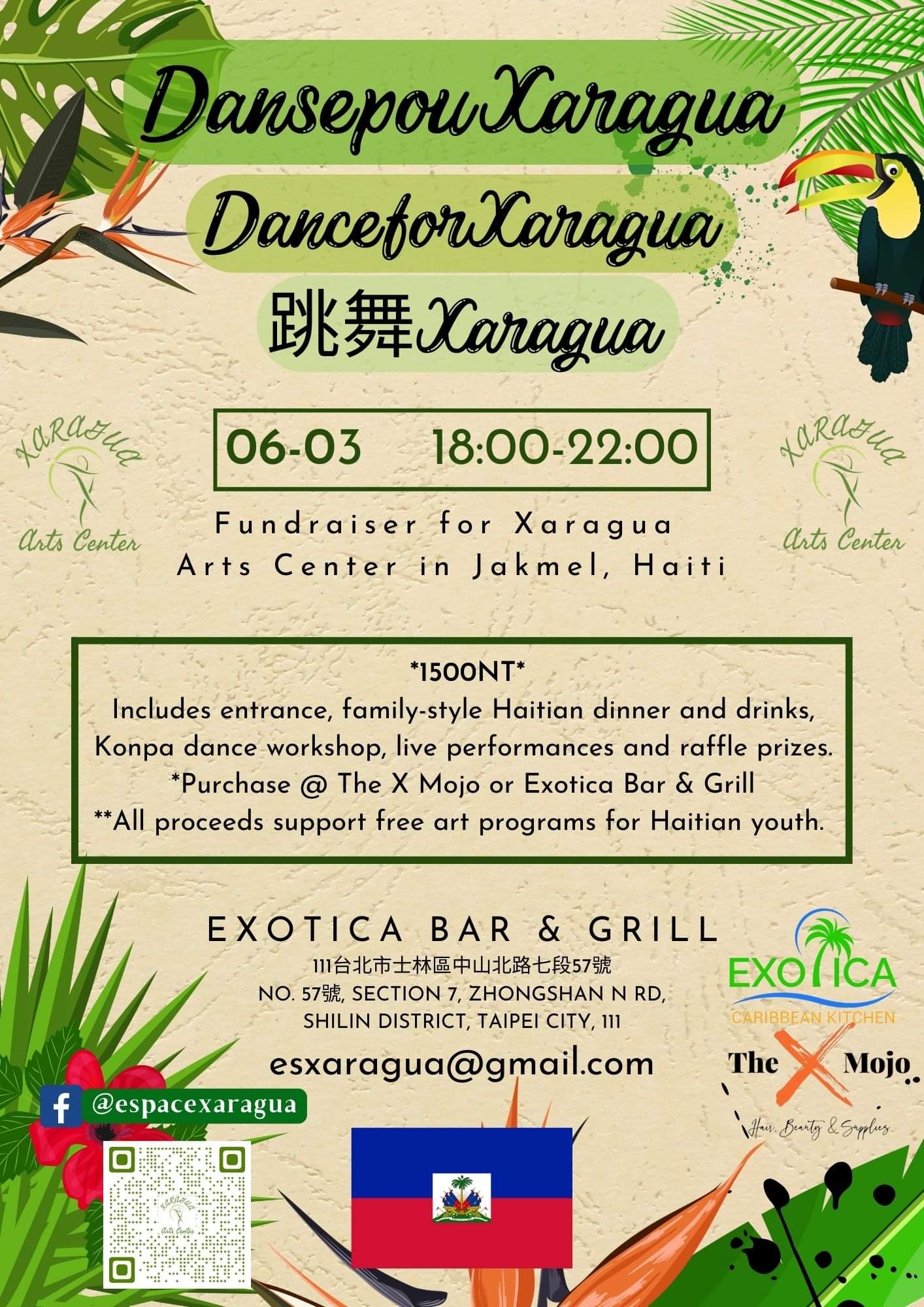
I want to create opportunities for people to engage with Haitian culture and see it as beautiful, to see that they benefit greatly from engaging with it and being in its presence. We’re building a community for those things to happen. That’s also our way, as Haitians, of investing in Taiwan. Taiwan and Haiti have a lot of similarity in their colonial past, that’s not often talked about. I hope we can have a space for us to at least get to know each other, to have the genesis of these conversations. How can we come together as people, rather than the governments handling everything? We can sing, dance, eat delicious food, be nourished, and share stories in a way that has a tangible result in community-based grassroots initiatives.


